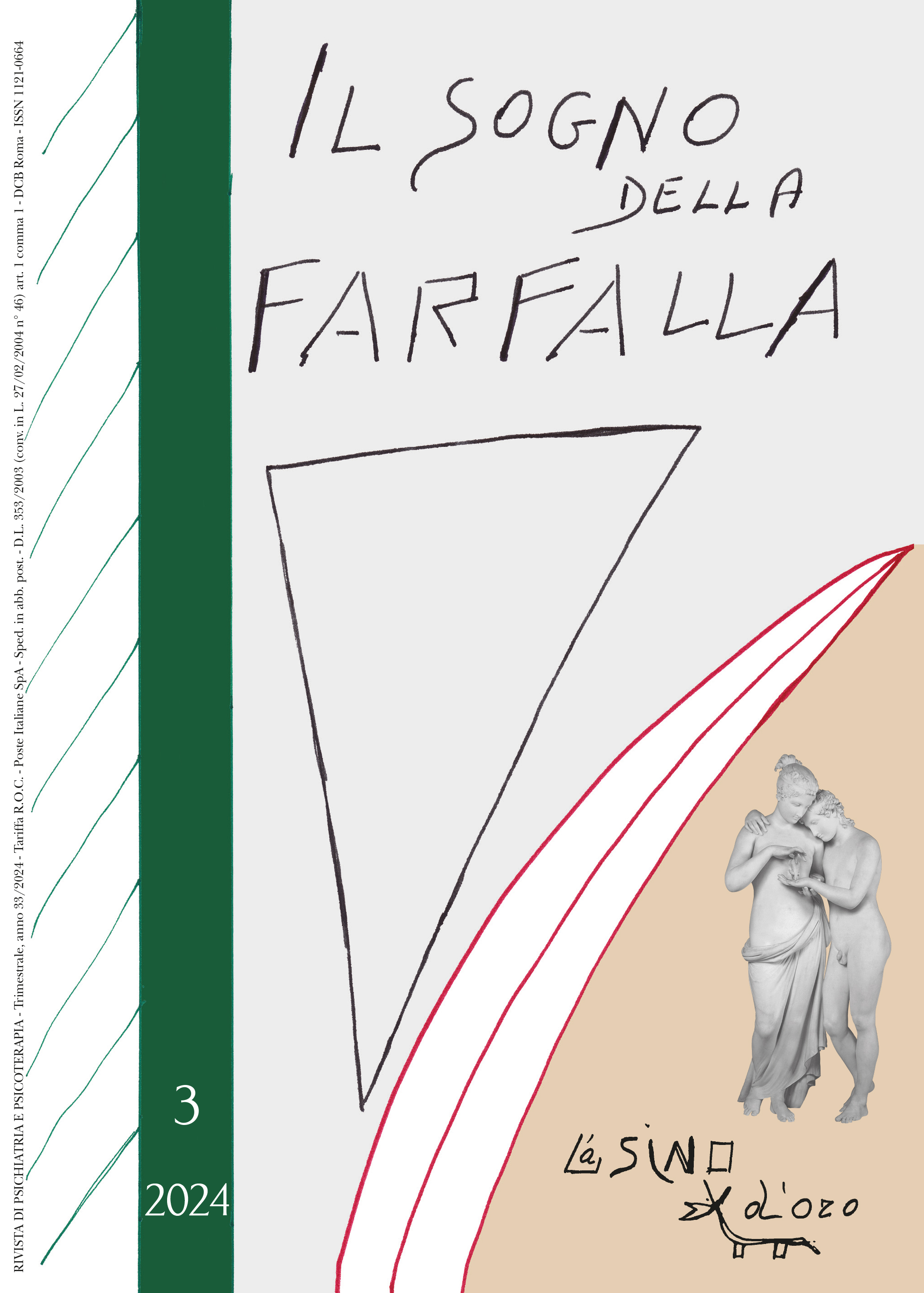«Forbidden fruit»: a critical reflection on the association between hormonal contraceptives and depression
DOI:
https://doi.org/10.14663/sdf.v33i3.920Keywords:
oral contraceptive use, hormonal contraception, depression, Intra-Uterine Device (IUD), sexuality, mental healthAbstract
The paper aims to critically analyse the existing scientific literature associating hormonal contraception (HC) with the onset or exacerbation of depressive symptoms, highlighting a concerning uncritical reception within the media discourse. After providing a brief historical overview on the birth control pill and medicated intrauterine devices, the author reviews correlational studies suggesting a neuro-biochemical link between HC and depression, as well as others refuting this hypothesis, albeit all relying on observational research designs. A different perspective on the presumed connection between the two variables – which is empirically rather inconclusive – is proposed. The theoretical and clinical work of Massimo Fagioli allows us to hypothesize a genuinely psychodynamic connection between HC usage and the potential slatentization of depression, focusing on unconscious dynamics triggered by the psychological separation between sexual activity and pregnancy. Therefore, through Fagioli’s Human Birth Theory, which “dynamizes” the psychopathology within the primary emotional and socio-cultural context, the paper suggests to separate the depressive symptom from the unconscious pathological nucleus in order to reject the notion of depression as a “female condemnation”.


